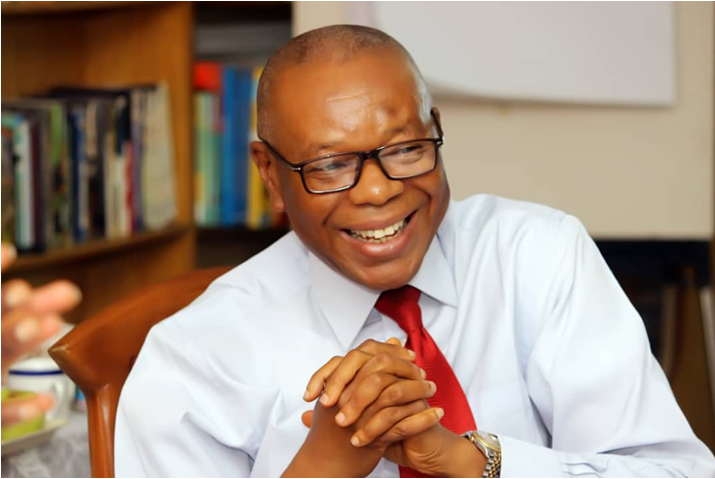
The five levels of competence (the Dreyfus model) asserts that individuals pass through five stages as they acquire and internalize skills.
Whether you are acquiring skills as a guitar player, course creator, author, basketball player you can’t escape the stages.
About 10 years ago I was a recipient of Toastmasters International’s Competent Communicator and Competent Leader Awards and my pride knew no bounds until I stumbled on the Dreyfus model.
According to the model I didn’t come close to being a world-class communicator and leader and it triggered a profound state of self-introspection.
So, I purposed to be a “master” in anything I set out to do and you should do the same noting that you are competing against the best of the best all over the world.
Jay Abraham and Carlos Dias in the book, The CEO Who Sees Around Corners, gave a breakdown of the Dreyfus models as follows:
1. Novice
● Rigid adherence to taught rules or plans
● No exercise of discretionary judgment
2. Advanced beginner
● Limited situational perception
● All aspects of work treated separately with equal importance
3. Competent
● Coping with crowdedness (multiple activities, accumulation of information)
● Some perception of actions in relation to goals
● Deliberate planning
● Formulates routines
4. Proficient
● Holistic view of situation
● Prioritizes importance of aspects
● Perceives deviations from the normal pattern
● Employs maxims for guidance, with meanings that adapt to the situation at hand
5. Expert
● Transcends reliance on rules, guidelines, and maxims
● Intuitive grasp of situations based on deep, tacit understanding
● Has vision of what is possible
● Uses analytical approaches in new situations or in case of problems
According to the authors, “the differences between stages are geometric in nature. Stage 3 to Stage 4, for instance, is not merely a 20 percent increase. Depending on your situation, your market, your industry, your competition – the increase might, more accurately, be something akin to 200 percent. This is the secret of compounding your strategic knowledge, and it’s the one advantage your competitors can’t replicate.”
So why is this important?
To acquire Toastmasters International’s Competent Communicator, Competent Leader, or Distinguished Toastmaster (DTM) award, one has to practice public speaking, leadership and sundry skills in line with strict guidelines over a period of two to five year, and sometimes more.
As a top executive friend likes to say to me, you can’t fast-track a normal pregnancy. It’s 9 months.
But does the Dreyfus model still apply in the digital age where you can crowdsource skills (if not knowledge)?
I believe it applies because those you are outsourcing to must pass through the five stages to add value at the highest level otherwise you will be dealing with charlatans.
How to move from the stage of being an “expert” to a “master” will be the subject of the next installment.
Meanwhile I’d like to know your take on the 5 levels of competence (the Dreyfus model and why it’s important).

